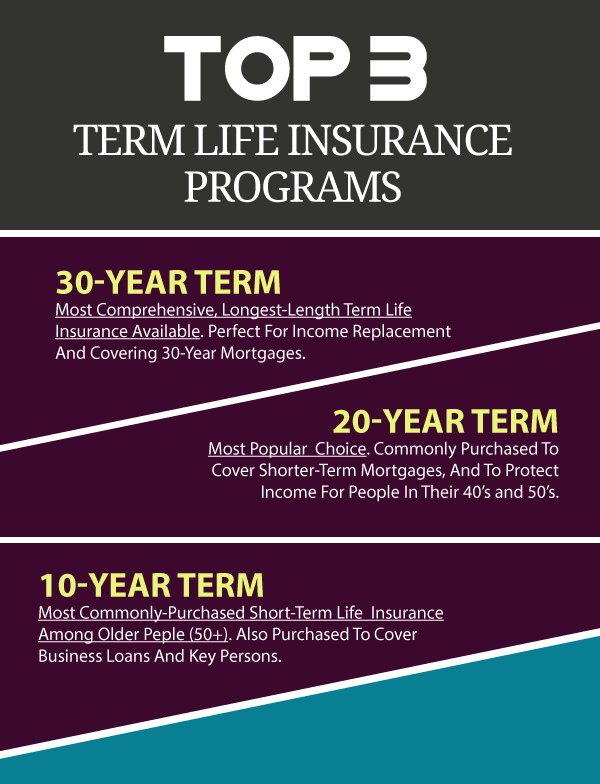Entire life and universal life insurance coverage are both thought about permanent policies. That means they're designed to last your whole life and won't end after a certain period of time as long as needed premiums are paid. They both have the potential to collect cash value gradually that you might have the ability to obtain against tax-free, for any reason. Because of this feature, premiums may be higher than term insurance. Whole life insurance policies have a set premium, suggesting you pay the same quantity each and every year for your coverage. Much like universal life insurance, whole life has the prospective to collect cash worth in time, developing an amount that you might be able to obtain versus.
Depending upon your policy's potential cash value, it might be utilized to avoid a premium payment, or be left alone with the potential to collect worth with time. Prospective growth in a universal life policy will differ based upon the specifics of your individual policy, as well as other aspects. When you purchase a policy, the providing insurance coverage company develops a minimum interest crediting rate as laid out in your contract. Nevertheless, if the insurance company's portfolio earns more than the minimum rate of interest, the company might credit the excess interest to your policy. This is why universal life policies have the prospective to earn more than a whole life policy some years, while in others they can make less.
Here's how: Because there is a cash value component, you might be able to skip exceptional payments as long as the cash worth is enough to cover your needed expenses for that month Some policies might permit you to increase or decrease the death advantage to match your specific scenarios ** In most cases you might borrow against the money value that may have built up in the policy The interest that you may have made over time collects tax-deferred Whole life policies use you a repaired level premium that will not increase, the possible to build up money worth in time, and a repaired survivor benefit for the life of the policy.
As an outcome, universal life insurance coverage premiums are generally lower throughout durations of high rates of interest than whole life insurance premiums, often for the very same quantity of protection. Another essential difference would be how the interest is paid. While the interest paid on universal life insurance is often adjusted monthly, interest on a whole life insurance coverage policy is generally adjusted each year. This could mean that during periods of rising rates of interest, universal life insurance policy holders may see their money worths increase at a fast rate compared to those in entire life insurance policies. Some people might prefer the set survivor benefit, level premiums, and the capacity for development of an entire life policy.
Although whole and universal life policies have their own special features and benefits, they both concentrate on providing your enjoyed ones with the cash they'll require when you die. By dealing with a certified life insurance agent or business representative, you'll be able to choose the policy that best fulfills your individual requirements, budget, and monetary objectives. You can also get afree online term life quote now. * Supplied necessary premium payments are timely made. ** Increases might be subject to extra underwriting. WEB.1468 (How much is health insurance). 05.15.
Not known Factual Statements About What Does Renters Insurance Cover
You don't have to guess if you should register in a universal life policy due to the fact that here you can learn all about universal life insurance pros and cons. It resembles getting a sneak peek before you buy so you can choose if it's the ideal type of life insurance coverage for you. Continue reading to find out the ups and downs of how universal life premium payments, cash worth, and death advantage works. Universal life is an adjustable kind of long-term life insurance that enables you to make changes to two primary parts of the policy: the premium and the death advantage, which in turn impacts the policy's cash value.
Below are some of the overall advantages and disadvantages of universal life insurance. Pros Cons Designed to provide more versatility than entire life Doesn't have actually the guaranteed level premium that's readily available with entire life Money value grows at a variable interest rate, which could yield greater returns Variable rates also mean that the interest on the cash value might be low More opportunity to increase the policy's money worth A policy usually requires to have a positive money value to remain active Among the most appealing functions of universal life insurance coverage is the ability to select when and just how much premium you pay, as long as payments fulfill the minimum amount required to keep the policy active and the IRS life insurance standards on the maximum quantity of excess premium payments you can make (How much is pet insurance).

However with this flexibility likewise comes some drawbacks. Let's discuss universal life insurance coverage benefits and drawbacks when it pertains to changing how you pay premiums. Unlike other kinds of permanent life policies, universal life can change to fit your monetary requirements when your capital is up or when your budget is tight. You can: Pay greater premiums more regularly than needed Pay less premiums less often and even skip payments Pay premiums out-of-pocket or use the cash worth to pay premiums Paying the minimum premium, less than the target premium, or skipping payments will adversely impact the policy's money worth.